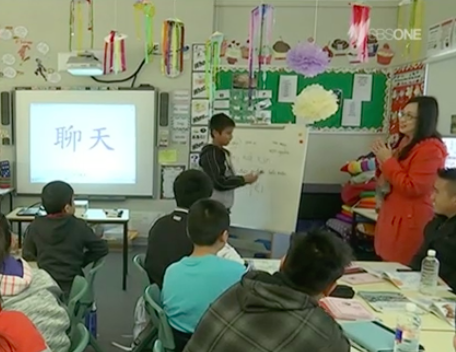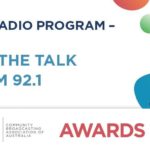Everyone knows it’s a good idea to get kids to learn a foreign language.
But lots of Australian kids already speak a foreign language — at home. Yet these ‘mother tongues’ are losing ground to English. How do we encourage the minority languages in our midst?
Linguist Daniel Midgley investigates on this episode of Talk the Talk.
Listen to this episode
You can listen to all the episodes of Talk the Talk by pasting this URL into your podlistener.
http://danielmidgley.com/talkthetalk/talk_classic.xmlPromo
Show notes
One Planet, One Language: How Realistic Is Science Fiction Linguistics?
http://www.slate.com/blogs/lexicon_valley/2014/09/08/one_planet_one_language_science_fiction_versus_earth_linguistic_diversity.html
Uyghur Linguist, Two Associates Sentenced After One Year Detention
http://www.rfa.org/english/news/uyghur/language-08262014235118.html
The Language Log post
http://languagelog.ldc.upenn.edu/nll/?p=14351
Uyghur is an official language of Xinjiang Uyghur Autonomous Region.
http://en.wikipedia.org/wiki/Uyghur_language
In Australia, about one in five people speak a language other than English at home.
http://www.abs.gov.au/AUSSTATS/abs@.nsf/Lookup/4102.0Main+Features30April+2013#back9
But for schoolkids, it’s more like one in three. Push to get more Aussie kids speaking their native language
http://www.sbs.com.au/news/article/2014/08/11/push-get-more-aussie-kids-speaking-their-native-language
How we kill languages and fail our cleverest children
http://theconversation.com/how-we-kill-languages-and-fail-our-cleverest-children-29137
How many are in your area? Find out using the SBS Census Explorer.
http://www.sbs.com.au/censusexplorer/
Some parents are concerned that bilingualism will hurt their child’s language skills. It doesn’t.
http://linguistlist.org/ask-ling/biling2.cfm
Bilingualism is pretty normal.
http://www.hanen.org/Helpful-Info/Articles/Bilingualism-in-Young-Children–Separating-Fact-fr.aspx
There are perhaps 20 healthy Aboriginal languages in Australia
http://www.creativespirits.info/aboriginalculture/language/
Here they are, under “Strong Indigenous Languages”.
http://www.abs.gov.au/ausstats/abs@.nsf/Previousproducts/1301.0Feature%20Article42009%E2%80%9310?opendocument&tabname=Summary&prodno=1301.0&issue=2009%9610&num=&view=
Language nests can help
http://theconversation.com/language-nests-a-way-to-revive-indigenous-languages-at-risk-19824
They’re a way to facilitate trans-generational language transference.
http://en.wikipedia.org/wiki/Language_nest
Canada is using them
http://www.ece.gov.nt.ca/early-childhood-and-school-services/early-childhood/language-nests
New South Wales made a big push for them last year.
http://www.sbs.com.au/news/article/2013/10/28/culture-centre-aims-revive-wiradjuri-language
Economic success ‘drives language extinction’
http://www.bbc.com/news/science-environment-29037168
And that’s bad, because language diversity is very positive.
http://linguisticmystic.com/2012/06/21/why-is-linguistic-diversity-a-good-thing/
Ish: How A Suffix Became A Word
http://www.slate.com/blogs/lexicon_valley/2014/06/09/ish_how_a_suffix_became_an_independent_word_even_though_it_s_not_in_all.html
Here’s where it comes from
http://www.etymonline.com/index.php?term=-ish
It’s getting degrammaticalised
http://linguistlist.org/pubs/reviews/get-review.cfm?subid=2639294
And all that ish
http://www.slate.com/blogs/lexicon_valley/2014/06/16/ish_and_shoot_as_euphemisms_not_as_versatile_as_the_swear_words_they_replace.html









